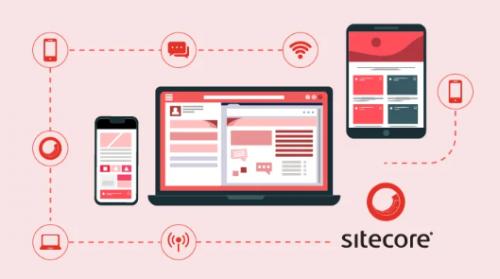Demystifying DXP: A Comprehensive Guide to Digital Experience Platforms

Digital experience platforms (DXP) have become an essential technology for businesses looking to provide a seamless and personalized experience across devices and channels. But what exactly are DXPs and what value do they provide? This comprehensive guide aims to demystify DXPs - from definitions to key capabilities, benefits, and examples.
What is a Digital Experience Platform (DXP)?
A digital experience platform is an integrated software suite that brings together various applications and services involved in designing, building, optimizing, and delivering digital experiences across channels. The key components of a DXP include:
- Content Management System (CMS) - For authoring, managing, and publishing content
- Customer Data Platform (CDP) - For collecting, unifying, and segmenting customer data
- Marketing Automation - Automates marketing campaigns across channels
- Personalization Engine - Provides personalized experiences based on user data and behavior
- Commerce Capabilities - Facilitates online transactions for both B2B and B2C
- Analytics - Collects customer usage data and provides actionable insights
In essence, a DXP combines the capabilities of multiple point solutions into one platform to enable seamless omnichannel customer experiences while also providing analytics to optimize those experiences.
Key Benefits of DXPs
Here are some of the key benefits driving adoption of DXPs:
- Omnichannel Experience - By integrating data and systems, DXPs can facilitate consistent personalized experiences across web, mobile, in-store, etc.
- Single Source of Truth - As DXPs unify customer data from across systems, they provide a single accurate view of each customer.
- Agility - Faster time-to-market for digital experiences as new channels and touchpoints can be added easily.
- Customer Insights - Integrated analytics provides insight to optimize experiences and drive personalization.
Conclusion As consumers interact with brands across more channels and devices, delivering cohesive omnichannel experiences is critical for business success. Digital experience platforms empower companies to achieve this by bringing together customer data, content, commerce, and analytics into a centralized software suite. With a deeper understanding of what DXPs are and what they offer, brands can determine if investing in one may be the right strategic choice for powering digital transformation.
Post Your Ad Here
Comments